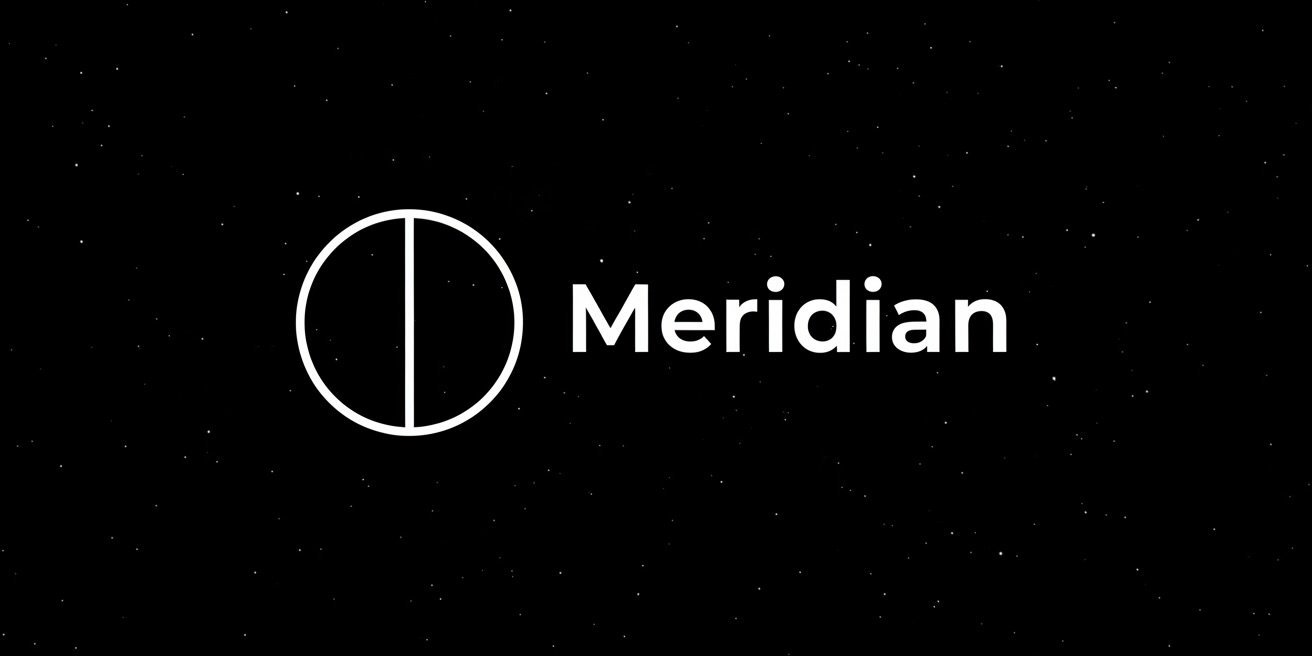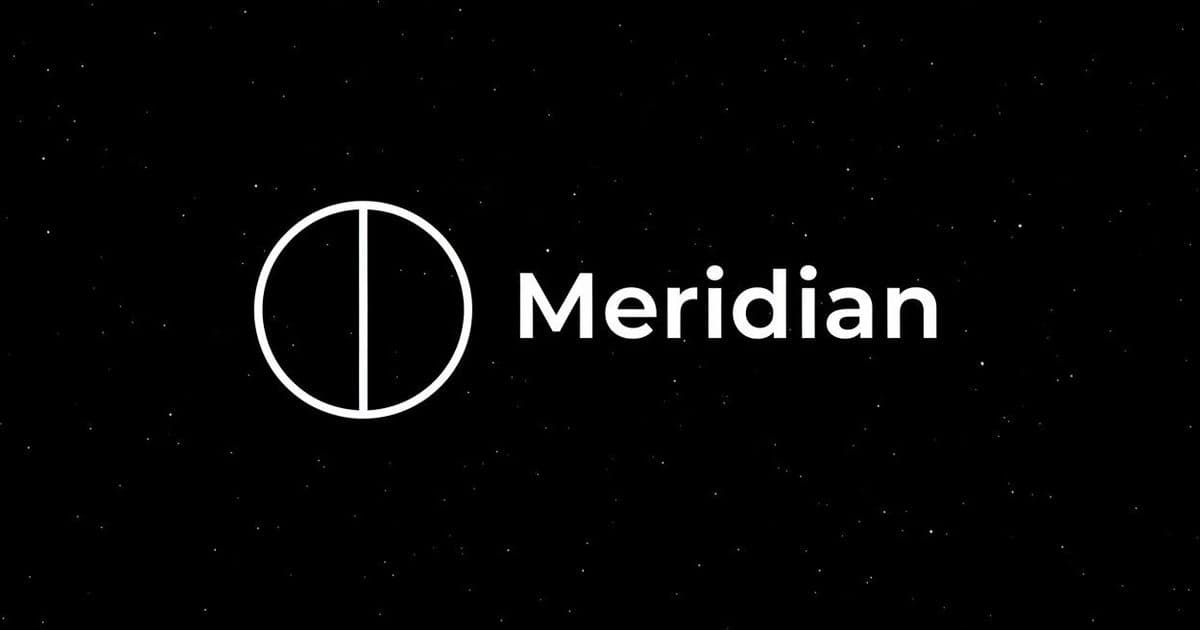Meridian offers a zero-config setup for Claude Code that solves persistent context loss and standard drift through deterministic hooks, in-repo task management, and enforced guardrails—all without changing how developers interact with Claude.

Meridian: Taming Claude Code with Zero-Config Guardrails and Persistent Context
Claude Code has rapidly become a powerful ally for developers, but its default behavior often leaves something to be desired. Context disappears after compaction, important history is forgotten, and adherence to project standards can drift over time. While Claude is highly customizable through hooks and skills, implementing these customizations requires a structured approach that can't be easily bypassed.
Enter Meridian—a thoughtfully designed zero-config setup that brings predictability and persistence to Claude Code without disrupting the natural developer workflow. As developers increasingly integrate AI assistants into their daily coding routines, tools like Meridian are becoming essential for maintaining consistency and efficiency.
The Problem: Claude Code's Unpredictability
The core issue with default Claude Code behavior stems from its ephemeral nature. After a session compaction, Claude often "forgets" crucial context:
- The specific task it was working on
- Established coding standards and guidelines
- Previous decisions and architectural patterns
- Relevant documentation
This context loss forces developers to repeatedly re-explain the same concepts, leading to frustration and inefficiency. Additionally, without enforced guardrails, Claude's output may drift from established project standards, potentially introducing inconsistencies or quality issues.
Meridian's Solution: Lightweight Guardrails
Meridian addresses these challenges by adding lightweight, non-intrusive guardrails to Claude Code. The key insight is that while developers shouldn't need to change how they interact with Claude, the AI assistant itself needs a more structured approach to maintain context and adhere to standards.

Zero-Config Installation
One of Meridian's most appealing aspects is its truly zero-config nature. Getting started requires:
- Cloning the Meridian setup repository
- Copying two folders (
.claudeand.meridian) to your project root - Making the Python scripts executable
No API keys, no service wiring, no subagent orchestration—just a straightforward setup that integrates seamlessly with existing projects.
Deterministic Behavior Through Hooks
Meridian's magic lies in its hooks—small scripts that intercept and guide Claude's behavior at critical points:
- Startup/Reload: Injects the Agent Operating Manual, guides, memory, backlog, and relevant docs
- Plan Approval: Forces Claude to create a persistent task folder with brief, plan, and context
- Compaction/Resume: Re-injects all essential context so Claude never "comes back empty"
- Pre-Stop: Ensures tests pass, lint/build is clean, and all updates are saved before session end
These hooks transform suggestions into deterministic behavior, ensuring Claude follows the right steps every time.
Persistent Context in Your Repo
Unlike traditional AI assistants that rely on ephemeral session memory, Meridian stores crucial information directly in your repository:
- Tasks: Each approved plan becomes a persistent
TASK-###folder with structured documentation - Memory: An append-only
memory.jsonlstores durable decisions and patterns - Guides: Project-specific coding standards that are re-injected each session
- Relevant Docs: A curated list of files Claude should read before continuing
This approach makes your repository the single source of truth for both developers and Claude.
How Meridian Works: The Technical Details
Project Types and TDD
Meridian introduces a flexible configuration system with three project types:
- Hackathon: Looser requirements for fast iteration
- Standard: Balanced defaults for most projects
- Production: Stricter requirements for production-grade code
Additionally, an optional TDD mode enforces test-first development, overriding other testing rules when enabled. This precedence ensures TDD takes precedence for testing behavior while other project-type rules apply to coding standards.
The Plan Mode Workflow
Meridian encourages a structured approach to task management:
- Describe Work in Plan Mode: Developers outline what they want to accomplish
- Claude Proposes a Plan: Claude suggests an approach based on context and guidelines
- Approve the Plan: A hook forces Claude to create a persistent task folder
- Implement: Claude follows the plan, updating context and memory as needed
- Compaction/Resume: Context is restored seamlessly
This workflow ensures that plans are properly documented and that Claude always has the context it needs to continue work after interruptions.
Skills for Structured Output
Meridian includes two key skills that help Claude maintain structured output:
- Task Manager: Enforces consistent task folder creation with proper templates
- Memory Curator: Provides a script for adding memory entries with auto-generated IDs and timestamps
These skills ensure that Claude's output is not just consistent but also traceable and organized.
Benefits for Developers
No Workflow Disruption
Perhaps Meridian's greatest strength is that it requires no changes to how developers interact with Claude. There are no new slash commands, no special phrasing requirements, no additional scripts to run. Developers continue chatting with Claude as they always have, while Meridian handles the complexity behind the scenes.
Consistent Code Quality
By injecting project-specific guidelines and enforcing them through hooks, Meridian helps maintain consistent code quality across sessions. This is particularly valuable for teams or solo developers working on long-term projects where maintaining standards is crucial.
Context Preservation
The persistent context system means developers can pick up right where they left off, even after days or weeks of inactivity. This dramatically reduces the time spent re-explaining project context and getting Claude back on track.
Enhanced Traceability
With tasks, memory, and context stored directly in the repository, Meridian creates an auditable trail of decisions and work performed. This traceability is invaluable for onboarding new team members, understanding project history, and maintaining code quality over time.
Implementation Details
Meridian's architecture is designed for minimal overhead while maximizing effectiveness:
- Hooks: Python scripts that intercept Claude's workflow at key points
- Skills: Claude's built-in skill system extended with project-specific implementations
- Configuration: YAML files for project type and TDD mode selection
- Templates: Structured formats for tasks, memory entries, and documentation
The system is designed to be extensible, allowing developers to add project-specific rules or customize existing ones as needed.
Why Not Subagents?
Meridian's FAQ addresses an interesting design choice: why not use subagents for specialized tasks? The developers explain that subagents have several limitations:
- They don't share full live context with the main agent
- They re-read documents, wasting tokens
- They can't be seamlessly resumed after interrupts
- Their actions may not be properly integrated into memory
By keeping all interactions within the main Claude context and ensuring proper documentation, Meridian avoids these pitfalls while still allowing for specialized work when needed.
The Future of AI-Assisted Development
Tools like Meridian represent an important evolution in how developers interact with AI assistants. Rather than treating AI as a simple chat interface, Meridian demonstrates how to structure these interactions for maximum productivity and consistency.
As AI models become more capable, we'll likely see more tools that bridge the gap between the flexibility of natural language interaction and the need for structured, persistent context. Meridian's approach—minimal disruption to developers while maximizing AI consistency—seems like a promising direction.
Getting Started with Meridian
The setup process is intentionally simple:
# Clone the repository
git clone <REPO_URL> meridian-setup
cd meridian-setup
# Copy to your project
cp -R .claude .meridian /path/to/your/project
cd /path/to/your/project
# Make hooks executable
find .claude -type f -name '*.py' -print0 | xargs -0 chmod +x
# Configure project type (optional)
# Edit .meridian/config.yaml to set project_type and tdd_mode
Once configured, simply open your project in Claude Code and continue interacting with Claude as usual. The hooks will handle the rest, ensuring consistent behavior and persistent context.
Conclusion
Meridian addresses a fundamental challenge in AI-assisted development: how to maintain the natural, conversational interface developers love while ensuring the AI assistant behaves consistently and preserves crucial context. By implementing lightweight guardrails through hooks and storing context directly in the repository, Meridian creates a system that feels seamless to developers while dramatically improving Claude's reliability and consistency.
As developers continue to integrate AI assistants into their workflows, tools like Meridian will become increasingly important for maintaining productivity and code quality. The project's MIT license and open-source nature also suggest a promising future for community contributions and further innovation in this space.
For developers looking to get more predictable results from Claude Code without changing their workflow, Meridian offers an elegant solution that's both powerful and unobtrusive.

Comments
Please log in or register to join the discussion